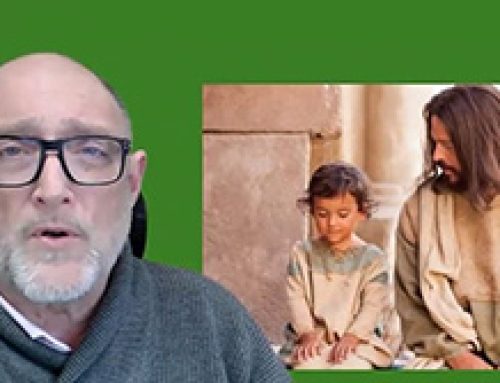Tess Koning, a member of our Parish Pastoral Council and Principal of St Peter’s Primary school reads from the Gospel of Luke (11: 1-4) in which one of the disciples asks Jesus to teach them to pray. Luke was writing this Gospel for a community of Christians who were suffering persecution so they were facing two problems; loss of hope in a caring God and loss of possessions due to their religious affiliation. Luke gave them, and this is relevant for us too, three instructions from Jesus on prayer. The first instruction: Lord, teach us to pray – the disciples as Jews were used to prayer practices in the synagogue at certain times each day, but living closely with Jesus and observing how he prayed, they discovered a new kind of intimacy with God. The second instruction: Father, holy be your name – Luke’s “Our Father” is shorter and different to Matthew’s. Jesus is the example of prayer and shows the importance of prayer in a disciple’s life. He wants his disciples to come to God in prayer as a loving and caring Father. As God’s children, they commit themselves to God’s action of partnering to bring about the kingdom. The third instruction: Give us each day our daily bread and forgive us our sins – children seek love and sustenance from their parents; Jesus teaches the disciples to ask for their daily nourishment for body and spirit, and for the forgiving love and mercy that we all need. Luke finally adds: Do not put us to the test – this was of particular relevance to persecuted Christians as a plea to protect them from giving up their faith, through perseverance. Today, Tess invites us to consider these instructions or lessons in prayer for ourselves: ● Praying not as a task but as an intimate encounter with God; ● Remembering God is our loving Father; ● Seeking God’s forgiving love and mercy; ● and persevering with deepening our faith to be strong when tested.






Leave A Comment